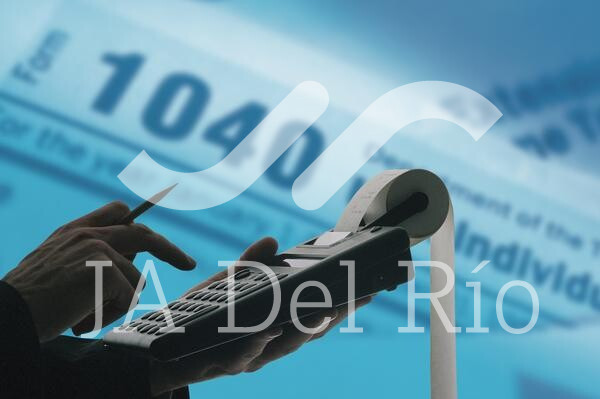Since the 2014 Reform to the Federal Tax Code whereby article 69-B was added, whose purpose is to identify and report companies deducting simulated transactions (EDOS) or companies invoicing simulated transactions (EFOS), we find it important to inform of the consequences upon taxpayers performing these types of transactions.
Through the use of technology, taxing authorities have more elements to verify compliance with tax obligations, this has been possible through electronic accounting and the tax mailbox.
What is an EFO?
Individuals and companies may be deemed EFOS if they fall under any of the following assumptions:
• Taxpayers not located at their fiscal address.
• Invoicing goods, personnel, infrastructure or materials not available at the time the tax receipts are issued.
• Issuance of tax receipts for the rendering of services that cannot be performed.
• Tax invoices where the goods detailed in said receipts are not available.
• Upon occurrence of any of the foregoing assumptions, the taxpayer will be reported on Exhibit 1 A of the Servicio de Administración Tributaria (Tax Administration Service) website as a taxpayer invoicing simulated transactions.
It is important to mention that there are means to remove the taxpayer from the EFOS list, however that is not the purpose of this bulletin.
What is an EDO?
Individuals or artificial persons who rendered a fiscal effect to tax receipts issued by an EFO found on the final list of suppliers simulating transactions and published on SAT’s website.
There are means to evidence the deduction before the authority.
Consequences
EFOS
• Entering into simulated agreements or acts in terms of the Federal Tax Code is deemed a tax felony, in these cases, a sanction ranging from three months to six years in prison would be imposed.
• SAT shall render the Digital Seal Certificate and the e. Signature Certificate void, without these two elements, taxpayers cannot issue fiscal invoices.
EDOS
• In the event no proof is given to the authority that the goods were acquired or the services described on tax receipts were received, the taxpayer shall correct its tax situation by entering said expenses as Non-deductible.
• For the above assumption, surcharges and updates shall be calculated in the event there is a tax payable.
• If the taxpayer credited VAT for said transactions, this crediting shall not be applicable, therefore the payment of complementary tax payments will be required, eliminating said crediting and if applicable, the payment of surcharges and updates shall be performed.
• If the tax authority, upon exercising its verification authority detects an individual or artificial person does not evidence aforementioned expenses as deductible or corrects its tax situation, this represents a tax felony in terms of the Federal Tax Code. For these assumptions, a sanction ranging from three months to six years in prison shall be imposed, as well as possible fines.
Conclusion
As we may observe, it is important to verify our suppliers are not on the list of EFOS published periodically by the authority; failure to identify transactions performed with taxpayers on said lists on a timely manner may cause serious consequences for the taxpayer intending to deduct the transaction.
In the event a supplier is on said list and if there are means to evidence the transaction is real and exists, the authority allows the clarification of said situation with documentation supporting said transaction.
We are pleased to provide more information if needed on this matter.























